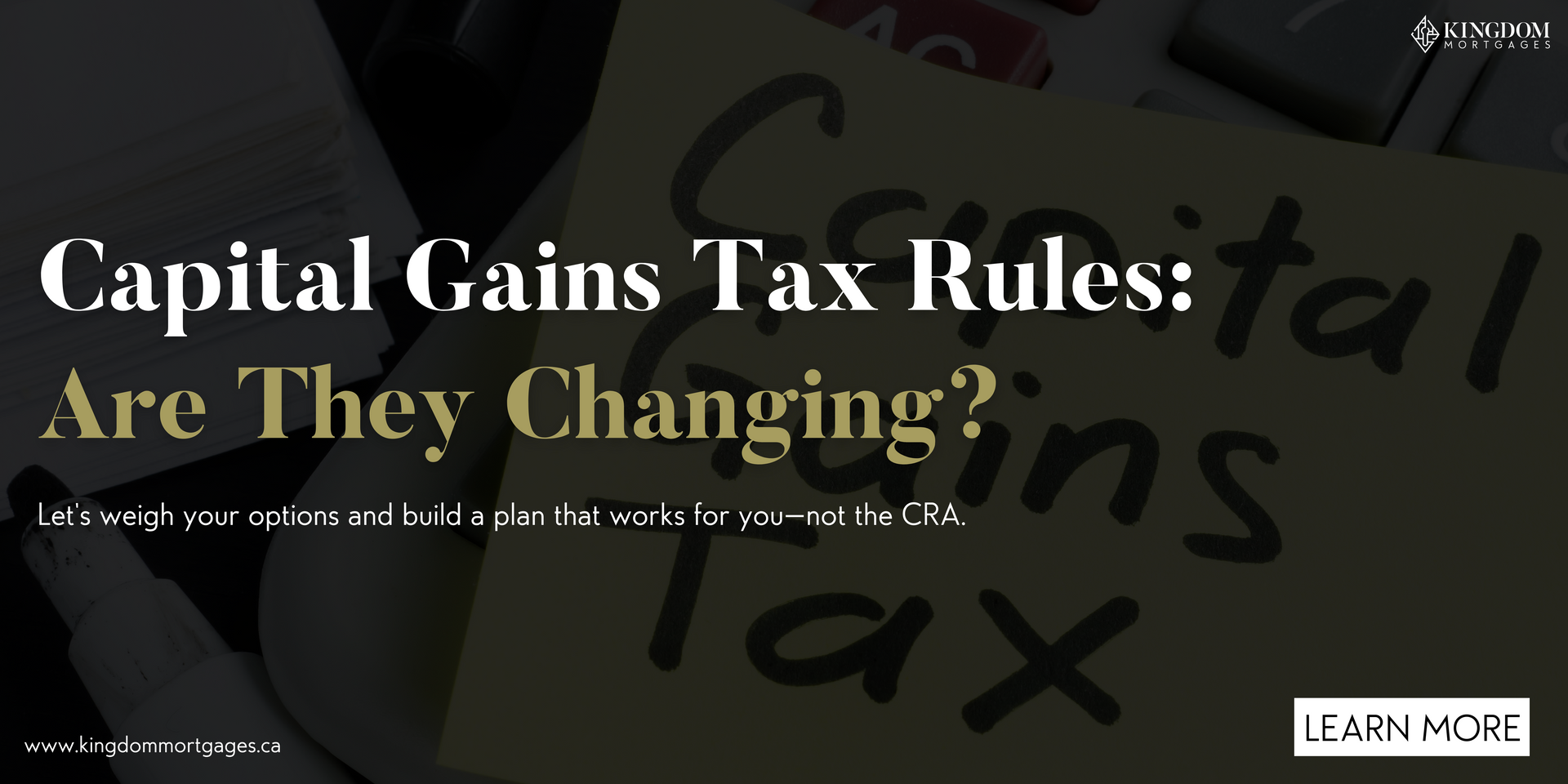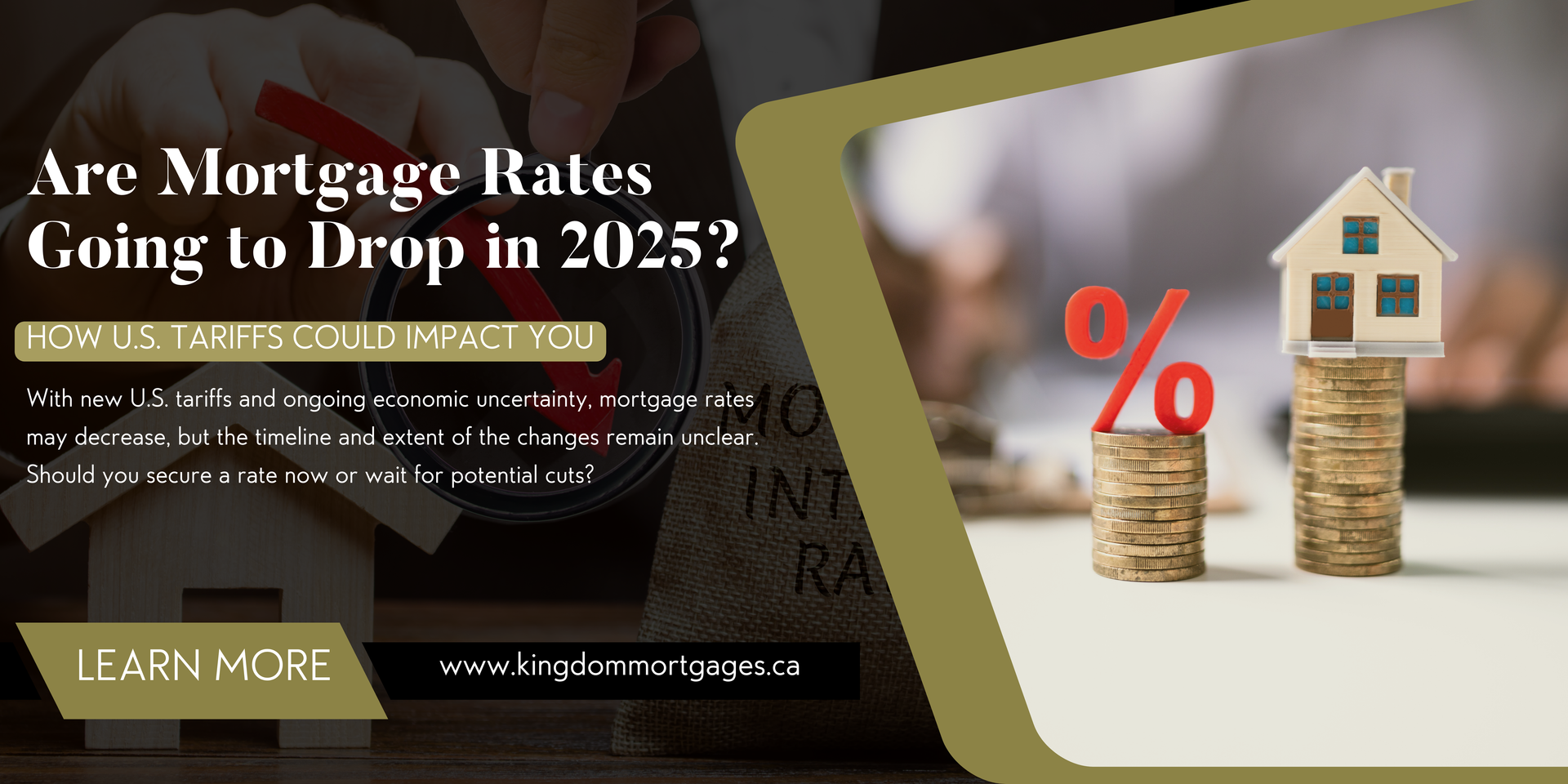When Should I Pay My Credit Cards?

There may be a difference between the balance on your credit card statement and the total balance you owe. The way to avoid paying interest is to always pay off your entire statement balance by the due date.
Understand your credit card statement
The cost is added to your total balance owing whenever you purchase a credit card.
Once a month, your credit card company should issue you a statement that outlines a handful of things:
· The amount you charged to your card in the current billing cycle;
· The proportion you still owe from your previous billing cycle (anything beyond $0 will get an interest charge);
· The total amount due, including the points, mentioned earlier;.
· The minimum payment required - is usually a flat fee/service charge (e.g. $10) or a percentage of the total balance owed.
The balance on your statement may be different from the total balance you owe today. That’s because you probably spent more money between the day that statement was issued and when you received it. Therefore, you could log into your account online and see a larger balance than the one on your bill. Don’t let that upset you and derail your plans. You do need to pay the total balance you owe today.

The way to avoid paying interest is to always pay off the entire balance on your statement by the due date and never miss a payment. Your payment history contributes significantly to building good credit scores.
What’s important is that it’s your responsibility to understand the payment terms of your credit card accounts. A late payment could negatively impact your credit scores and stay on your report for years. The best way to improve your credit health is to pay off the entire amount stated on your credit card statement before or on the specified due date. This will help you build your scores, maintain your credit history and avoid interest charges.
Contact me if you have any further questions to discuss.
Rodney Schunker | Mortgage Broker (Lic. M12000165)
Cell: 416-697-6423 | Toll Free: 1-855-787-7723
Fax: 1-855-787-7723 | Web: www.kingdommortgages.ca
Mail: 10 George St North, Suite 202, Brampton L6X 1R2
Email: schunkerr@gmail.com
Rock Capital Investments Inc. Brokerage #10556. Each office is independently owned and operated. Proud member of Mortgage Centre Canada.











